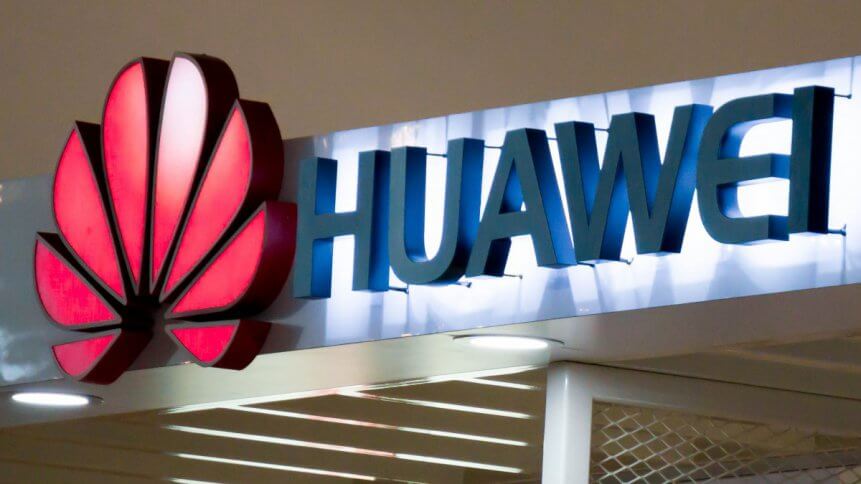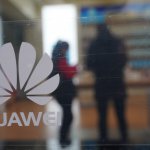Huawei gets 90 days so 5G in US can proceed

The US government has added another 90 days grace to Huawei and American organizations, allowing both to continue to trade in electronics and software until the end of November.
This comes as an additional grace period after the first 90 days’ grace was due to expire. Commerce Secretary Wilbur Ross stated, “As we continue to urge consumers to transition away from Huawei’s products, we recognize that more time is necessary to prevent any disruption.”
The potential for maximum adverse effects from a ban was to be felt most strongly by rural broadband providers in the US who are being given more time to swap out Huawei technology from their infrastructure, and replace it with hardware and software from non-proscribed suppliers; not Huawei, in short.
Additionally, the American government has added around 40 new companies associated with Huawei — subsidiaries, for example — to the so-called “entity list,” which includes them in the (eventual) trade ban. All those listed are banned from using American code and/or hardware, the former of which famously includes the Android operating system.
Huawei 5G in trade war
Huawei’s statement made in response reads: “[…] this decision, made at this particular time, is politically motivated and has nothing to do with national security.”
The American government has yet to grant a license for any American company to trade with Huawei, a position in contrast to other Western countries that have either yet to make their final position known, or are, like the UK government, prevaricating.
YOU MIGHT LIKE

Huawei is not spying on you
Outside the US, one can see why organizations are keen to continue trade with China and Huawei in particular (and those desires are probably mirrored by their American counterparts).
The rollout of 5G networks across the world is primarily seen as heralding a new era of interconnectivity, including new generation IoT, autonomous transport, and smart cities. The potential for economic growth, therefore, is outweighing any level of respect for relations with the US. And at present, Huawei is one of the only viable providers of infrastructure for 5G.
Is Huawei technology a national security issue?
Despite the economic and technological possibilities that Huawei is offering (at much lower prices than much of its competition), the Trump administration still stands by its claims that Huaewi is providing a conduit for data to the Chinese government, although more recently has conceded that the issue is one of trade. However, the situation remains as muddled and mercurial as this gem from President Trump, from the G20 Summit in June this year:
“What we’ve done in Silicon Valley is incredible, actually and nobody has been able to compete with it, and I’ve agreed and pretty easily, I’ve agreed to allow them to continue to sell that product. So American companies will continue and they were having a problem, the companies were not exactly happy that they couldn’t sell because they had nothing to do with whatever it was potentially happening with respect to Huawei, so I did do that.”








